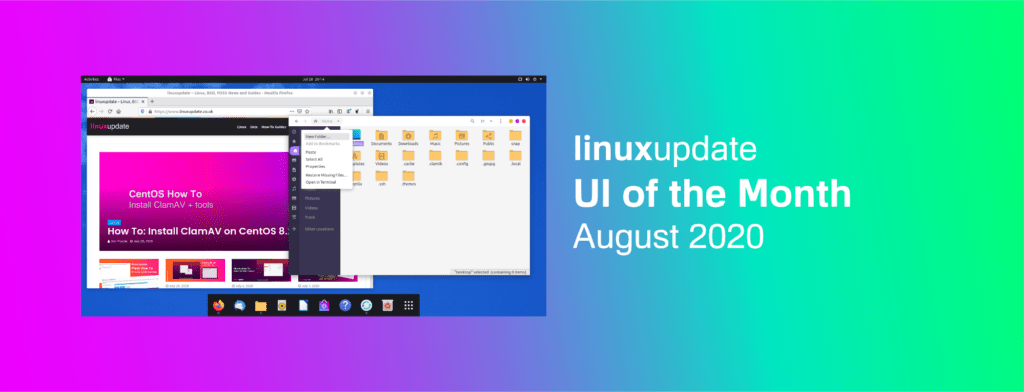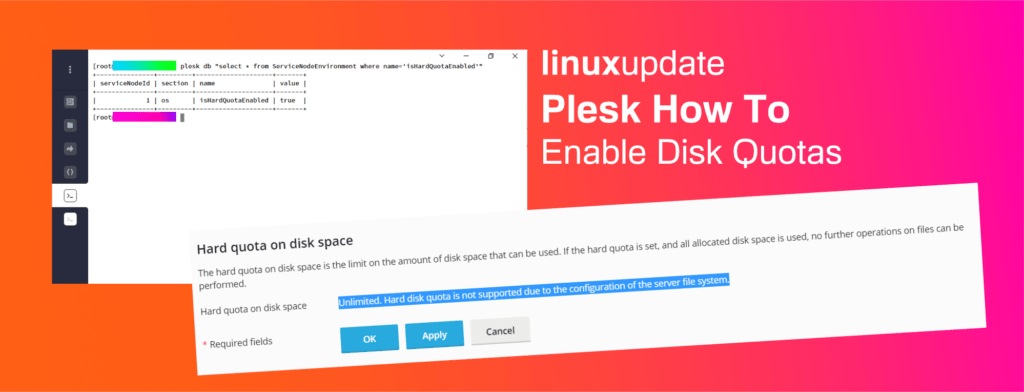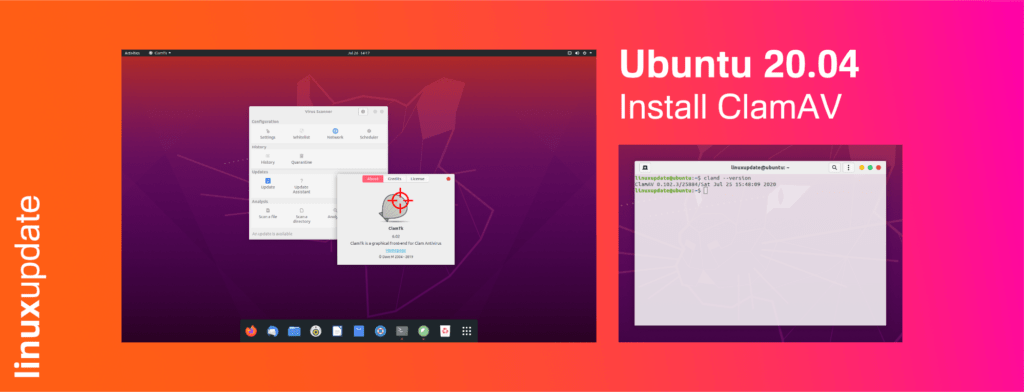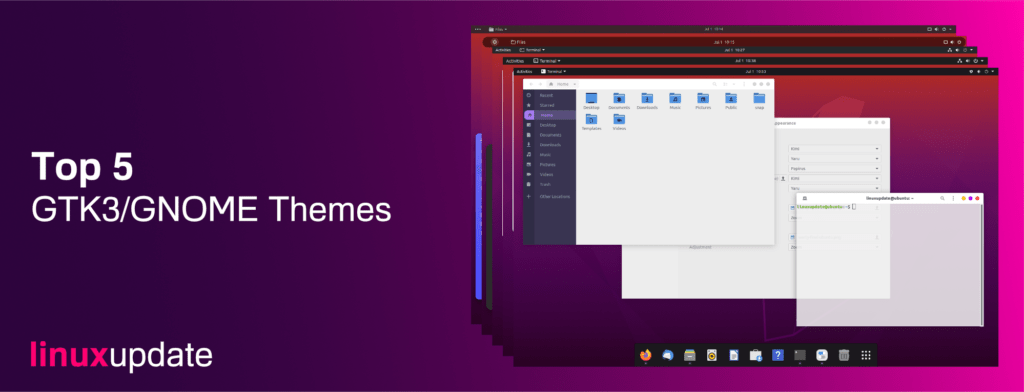How To: Stop GNOME auto-printer discovery on Fedora/Ubuntu/Mint
Note: April 8th 2022. This may no longer work. It worked at the time of writing, but my printers keep coming up again now. Modern GNOME based distros automatically discover and install printers on your network and there’s no easy way to disable this. In the past disabling cups-browsed was enough, but we also now need to […]
How To: Stop GNOME auto-printer discovery on Fedora/Ubuntu/Mint Read More »










